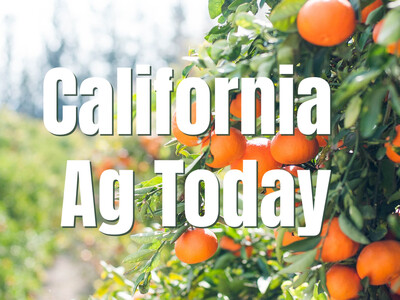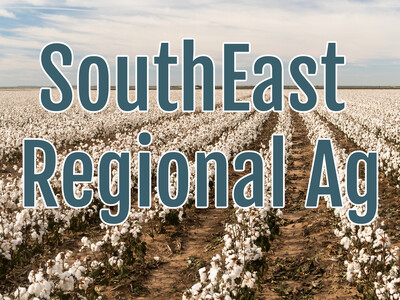Alfalfa Update & Expiration Dates
Alfalfa Update & Expiration Dates plus Food Forethought. I'm Greg Martin with today's Northwest Report.There are still no answers yet regarding the recent find of Roundup Ready alfalfa in a Washington field. The alfalfa was rejected for export after testing confirmed traces of the genetically modified Monsanto trait. The USDA and WSDA are investigating. While the USDA approved "Roundup Ready" alfalfa in 2011, many farmers argue that it is increasingly hard to prevent cross-contamination because the crop is pollinated by honeybees.
Have you check in your fridge for those sell by or best before dates? Dana Gunders with the Natural Resources Defense Council says that our current food dating system is not a system but a mess and says there is:
GUNDERS: Pervasive consumer and business confusion around the meaning of expiration dates like sell by, use by and best before on your food products. People are throwing away food on the days they see on products because they believe those days the food is no longer safe to eat. However those dates almost never have a direct link to the food safety.
A new report just out says we need a reliable, coherent, and uniform system of date labels that actually communicates what the dates are trying to convey.
Now with today's Food Forethought, here's Lacy Gray.
Contrary to what is often depicted in anti-agriculture activists' advertisements and propaganda all farmers in the U.S. are not "greedy agri-business people". Farmers are business people, that is true, and they like other business owners work to increase their product sales, but to portray them as money grubbing agriculture industrialists is unfair and untrue stereotyping. More often than not, non-farming persons accusing farmers and ranchers of bad farming practices have received their information from anti-ag groups that have their own political agenda and aren't that interested in providing consumers with the facts. Here's a fact - to farm in such a way that damages the soil or the environment is counterproductive for the farmer. Poor soil makes for poor yields. Farmers operating that way wouldn't stay in business for very long. That said, there is always room for improvement in any industry, and farmers are well aware of that. The large majority of farmers work hard at being good stewards of the land and working within their communities to improve the environment. U.S. farmers should feel good about the fact that they are helping to meet the food needs of the world, not guilty.
Thanks Lacy. That's today's Northwest Report. I'm Greg Martin on the Ag Information Network.














